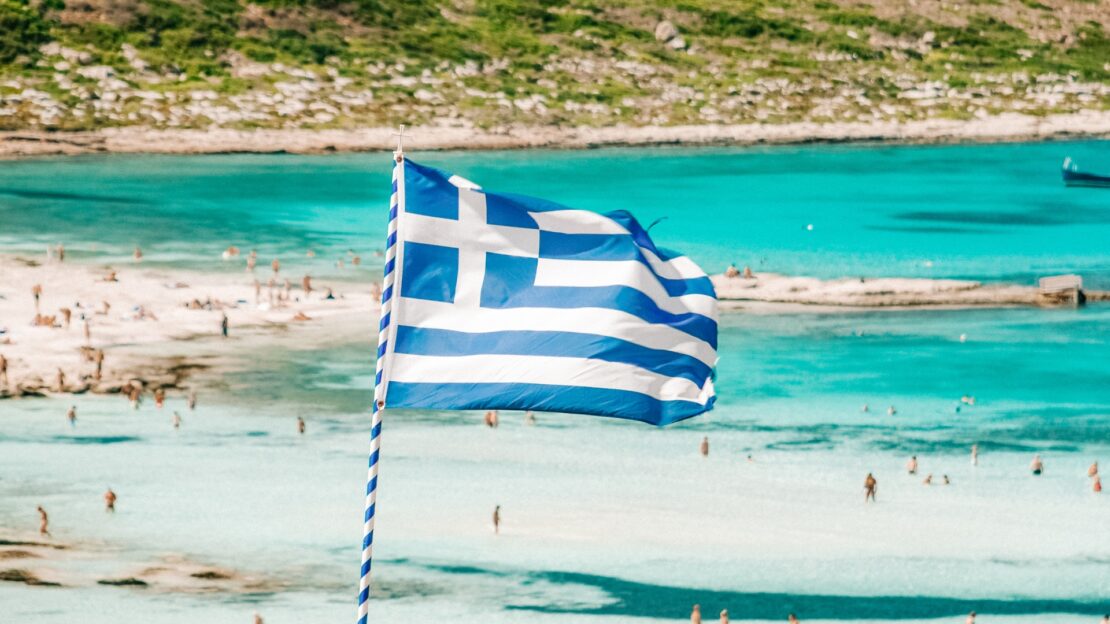To celebrate Greece’s Independence Day today we have pulled together some unusual facts about this fascinating country, known for its history and culture, stunning scenery and delicious food.
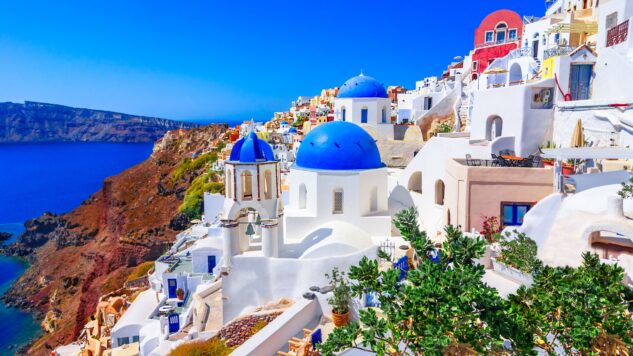
Greek Independence Day (Εορτασμός της Ελληνικής Επανάστασης του 1821) is a national holiday celebrated annually in Greece on 25 March, commemorating the start of the War of Greek Independence in 1821.
The country is considered the cradle of Western civilization, as it is the birthplace of democracy, Western philosophy, and many major scientific and mathematical concepts, as well as hosting the first the Olympic Games, back in 776BC.
Nowadays Greece is one of the most popular tourist destinations for British people drawn to its welcoming people, tasty cuisine and the lure of sun, sea and sand.
If you’re planning a trip to Greece, it’s important to make sure your package holiday enjoys ATOL financial protection.
This means that if your travel company goes out of business, you will be refunded or brought back to the UK without any extra costs.
Did you know that Greece has over 6,000 islands and islets, but only 227 of them are inhabited? It also has the largest coastline in Europe stretching for over 16,000 kilometres.
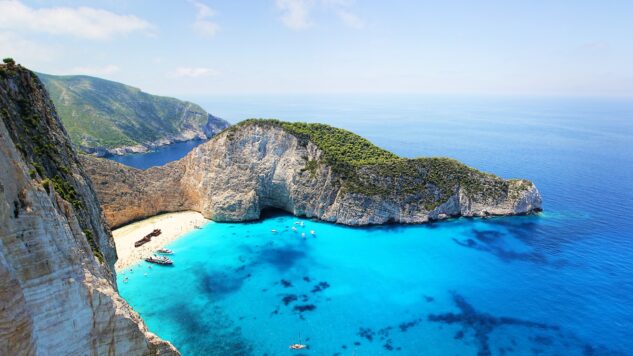
Greeks have a tradition of spitting for good luck. It is believed that spitting three times wards off the evil eye and protects against bad luck.
It is also traditional to smash plates as a form of celebration, which started in ancient times when people would break pottery to keep evil spirits at bay.
Greece is home to the world’s oldest inhabited city: Argos, which has been continuously inhabited for over 7,000 years.
The world’s smallest mammal can be found in Greece. The Etruscan shrew weighs less than a penny and can fit on a human thumb. It is a fierce predator and is known to hunt insects, spiders, and even small reptiles.
The world’s oldest submerged city, Pavlopetri, was discovered off the coast of southern Greece in 1967 and dates back to at least 2,800 BC.
The city was likely submerged due to rising sea levels, but thanks to the clear waters of the Mediterranean, the ruins of the city are still visible today. Greece also has over 100 other archaeological sites, which is more than any other country in Europe.
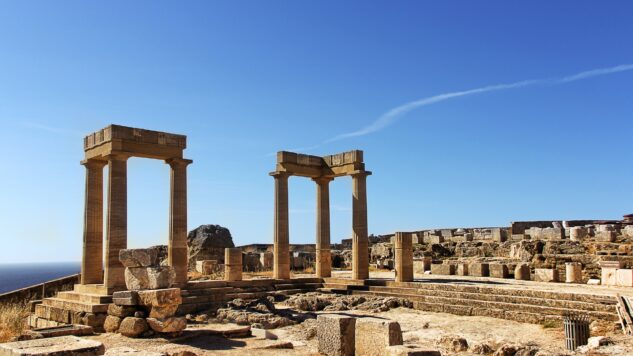
Greece also boasts the oldest known tree in Europe, the Bosnian pine. This ancient tree is over 1,000 years old and can be found on the island of Crete.
Crete also offers the only natural palm forest in Europe – the Vai Palm Forest features over 5,000 palm trees and attracts thousands of visitors every year.
Greece is home to the oldest known human fossil outside of Africa. The Petralona skull is a 700,000-year-old human fossil discovered in a cave in northern Greece in 1959.
The Greeks were also responsible for inventing the first alarm clock, known as a water clock. This device used a float and a pulley system to measure time and would sound an alarm when it reached a certain level.
Greece has the highest per capita consumption of cheese in the world. Feta cheese is a staple in Greek cuisine, which is recognized as one of the healthiest in the world, offering benefits including lower risk of heart disease and cancer.
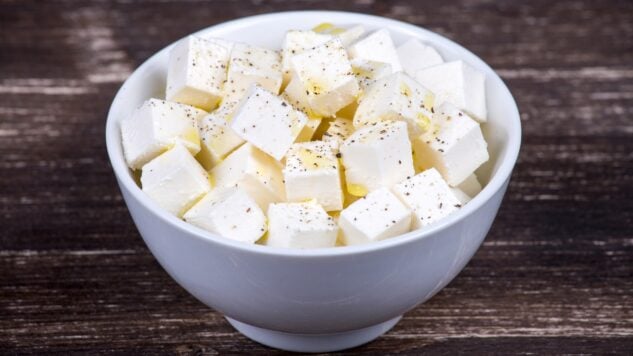
Greek is the oldest written language in the world, and it has been claimed that as many as 150,000 English words have their roots in the Ancient Greek language.
From its contributions to democracy and philosophy, its breath-taking islands and architecture through to its cities, beaches and mountains, Greece has something to offer everyone.
If you’re planning a trip to mainland Greece or one of the islands, ensure your trip is protected by the ATOL financial protection scheme and enjoy all that this amazing country has to offer. Happy Independence Day, Greece!
View more news
